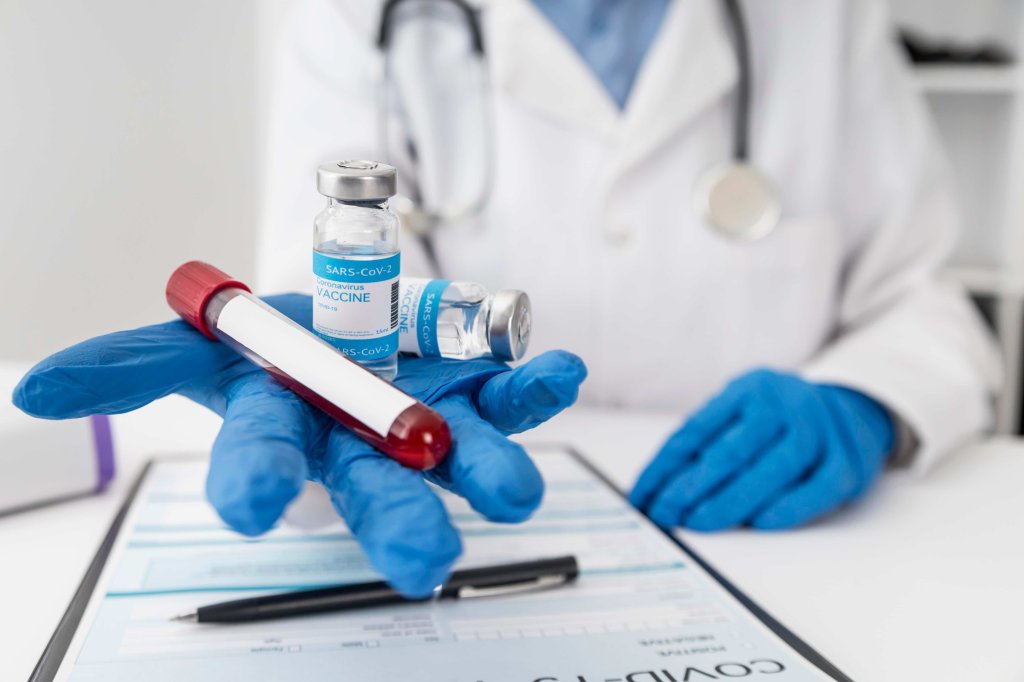Essential Vitamins and Minerals You Need During Pregnancy
Pregnancy is a critical period for both the health of the mother and the baby. Establishing a healthy nutrition plan during this time is vital for supporting your baby’s development and maintaining your own health. The vitamins and minerals you need during pregnancy play a crucial role in the baby’s growth, organ development, and maintaining the mother's energy levels. So, which vitamins and minerals are essential during pregnancy?
1. Folic Acid (Vitamin B9)
Folic acid is one of the most important vitamins to take during pregnancy. Especially during the first few weeks, folic acid is necessary for the proper development of the baby’s neural tube. The neural tube is the structure from which the baby’s brain and spinal cord develop, and proper closure of this tube prevents serious birth defects such as neural tube defects.
It is recommended to take 400-600 mcg of folic acid daily before pregnancy and during the first trimester to ensure healthy development. Green leafy vegetables, legumes, and whole grains are rich sources of folic acid.
2. Iron
During pregnancy, your body’s need for iron increases. Iron helps the mother’s blood volume increase to carry more oxygen to the baby. It also helps prevent anemia, a condition that can affect both the mother and the baby. Adequate iron intake during pregnancy ensures a healthy developmental process for both.
The recommended intake is around 27 mg of iron per day. Foods like red meat, spinach, beans, and lentils are rich in iron. Consuming iron with foods high in vitamin C can enhance its absorption.
3. Calcium
Calcium is essential for your baby’s bone and tooth development. It’s also crucial for maintaining the mother’s bone health. If calcium intake is insufficient during pregnancy, the baby may draw calcium from the mother’s bones, which can negatively affect the mother’s bone health.
It is recommended to consume 1000 mg of calcium daily during pregnancy. Dairy products, almonds, broccoli, and leafy greens are rich sources of calcium.
4. Vitamin D
Vitamin D helps the body absorb calcium and is necessary for the baby’s bone development. It also strengthens the immune system and supports the mother’s overall health. A deficiency in vitamin D can lead to bone weakness in both the mother and the baby, as well as other health problems.
It is recommended to get 600 IU of vitamin D daily. Sunlight is the best source of vitamin D, but foods like salmon, egg yolks, and fortified milk also provide vitamin D.
5. Omega-3 Fatty Acids
Omega-3 fatty acids are vital for the baby’s brain and eye development. They also support the mother’s heart health and help reduce the risk of postpartum depression. DHA (docosahexaenoic acid), in particular, plays a critical role in the baby’s brain development.
It’s recommended to eat omega-3-rich fish like salmon or sardines twice a week during pregnancy. Plant-based sources such as flaxseeds and walnuts are also rich in omega-3.
6. Iodine
Iodine is essential for the baby’s brain development and thyroid function. Adequate iodine intake during pregnancy supports the baby’s mental and physical growth. Iodine deficiency can lead to developmental delays and intellectual disabilities.
It’s recommended to consume around 220 mcg of iodine daily during pregnancy. Iodized salt, fish, and dairy products are rich sources of iodine.
7. Vitamin B12
Vitamin B12 is important for nerve system development and the formation of red blood cells. Adequate B12 intake contributes to the healthy development of the baby’s nervous system. It also boosts the mother’s energy levels and helps manage fatigue during pregnancy.
Animal products like meat, milk, and eggs are rich in vitamin B12. If you follow a vegetarian or vegan diet, you may need to take B12 supplements—consult your doctor for guidance.
Conclusion
The vitamins and minerals you need during pregnancy are crucial for ensuring the healthy development of your baby and maintaining your own health. Essential nutrients like folic acid, iron, calcium, vitamin D, and omega-3 fatty acids should be consumed regularly throughout pregnancy. By choosing the right foods and taking supplements as recommended by your doctor, you can support both your health and your baby’s development. Remember, a healthy pregnancy is the key to bringing a healthy baby into the world.




